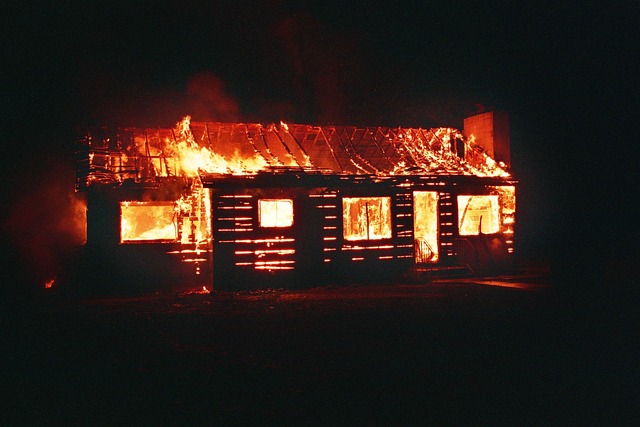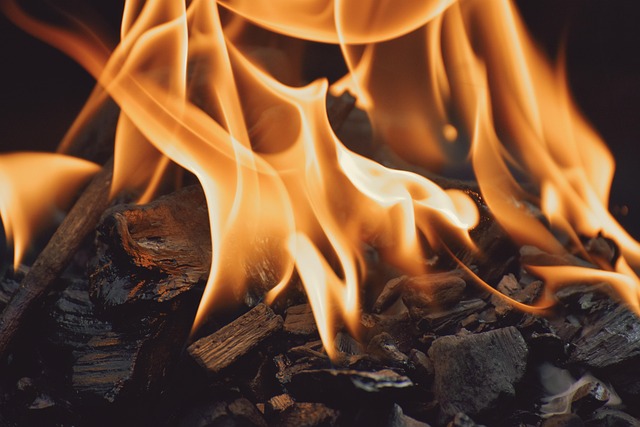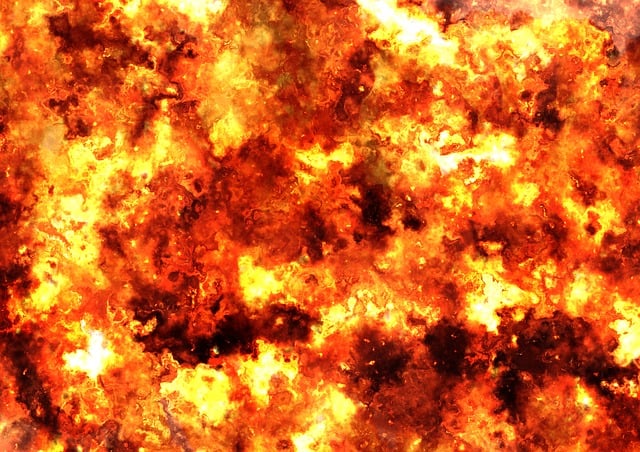Selling Fire-Damaged Homes: Houston’s Guide to Restoration & Re-sale
Selling a fire-damaged house in Houston requires a structured approach, involving comprehensive fire…….
In the bustling metropolis of Houston, Texas, the concept of selling fire-damaged properties has emerged as a unique and often complex process, influenced by various economic, technological, and regulatory factors. This article aims to delve into the intricacies of ‘selling a fire-damaged house in Houston’, providing an informative guide for homeowners, investors, and professionals navigating this specialized real estate segment. By exploring its definition, global context, economic implications, technological innovations, policy frameworks, challenges, and future prospects, we will uncover the multifaceted nature of this market and its impact on the city’s landscape.
‘Selling a fire-damaged house in Houston’ refers to the process of purchasing and rehabilitating residential properties that have sustained significant structural or content damage due to fires, with the subsequent goal of reselling them at a profit. This market segment is distinct from traditional real estate transactions, as it involves properties requiring substantial repairs and renovations to restore their livability and market value.
The scope includes:
The concept of buying and selling fire-damaged properties has a long history, dating back to the early 20th century when urban fires were prevalent in many American cities. During times of economic hardship or after significant disasters, such as the Great Chicago Fire (1871) and the San Francisco Earthquake (1906), there was a surge in the purchase and rebuilding of damaged properties.
In Houston, the post-World War II era saw an influx of returning veterans seeking housing, leading to rapid urban expansion. However, fires in industrial areas and, more recently, natural disasters like hurricanes have contributed to a stock of fire-damaged properties ready for rehabilitation. The city’s diverse economy, including energy, healthcare, and aerospace sectors, has also fueled interest in this specialized real estate niche.
The practice of buying and selling fire-damaged homes is not limited to Houston; it has global implications and various forms around the world. Each country and region adapts this concept to fit local regulations, markets, and cultural norms:
| Region | Approach & Trends |
|---|---|
| North America | The United States, including Houston, leads in structured fire damage renovation programs, with strict building codes and safety standards. Canada follows a similar path, while Mexico has seen an increase in cross-border investments for property rehabilitation. |
| Europe | European countries have diverse practices, ranging from comprehensive government support for reconstruction (e.g., post-World War II Germany) to more market-driven approaches. The UK, for instance, has a thriving market for historic building restoration. |
| Asia | Countries like Japan and South Korea have robust systems for disaster recovery, often involving public-private partnerships for property renovation. China, with its rapid urbanization, faces challenges in managing fire damage but also presents opportunities for investment. |
| Emerging Markets | Africa and parts of Latin America are witnessing growing interest from international investors in rehabilitating fire-damaged properties as a means of urban renewal. |
The global market for fire-damaged property renovation is influenced by several key trends:
The Houston market for selling fire-damaged homes is dynamic and influenced by various economic factors:
Economic implications include:
Technology plays a pivotal role in modernizing the process of selling fire-damaged houses:
Artificial intelligence (AI) and automation are transforming various aspects of the industry:
The legal landscape surrounding fire-damaged property renovation varies across Houston’s jurisdictions:
Houston’s government and private sector collaborate to provide incentives and support:
One of the primary challenges is addressing structural integrity issues caused by fires:
The market for fire-damaged homes can be volatile:
Ethical practices are vital in this industry:
Houston’s future prospects for fire-damaged property renovation are promising:
Future growth may be driven by:
Diversification strategies include:
In conclusion, the market for selling fire-damaged houses in Houston presents a unique blend of challenges and opportunities. By leveraging technology, adhering to regulations, addressing structural concerns, and embracing urban renewal trends, investors and developers can navigate this dynamic sector successfully while contributing to the city’s growth and revitalization.

Selling a fire-damaged house in Houston requires a structured approach, involving comprehensive fire…….

Fire-damaged property auctions in Texas, particularly in Houston, are gaining popularity as a swift…….

Selling a fire-damaged house in Houston requires understanding the critical fire insurance claims pr…….

Selling a fire-damaged house in Houston involves understanding as-is home sales, where properties ar…….

Selling a fire-damaged home in Houston presents unique opportunities, attracting buyers seeking affo…….

Water damage is common in Houston due to its climate and storms, impacting homes with fire damage. T…….

Distressed property sales in Texas, particularly fire-damaged homes in Houston, present significant…….